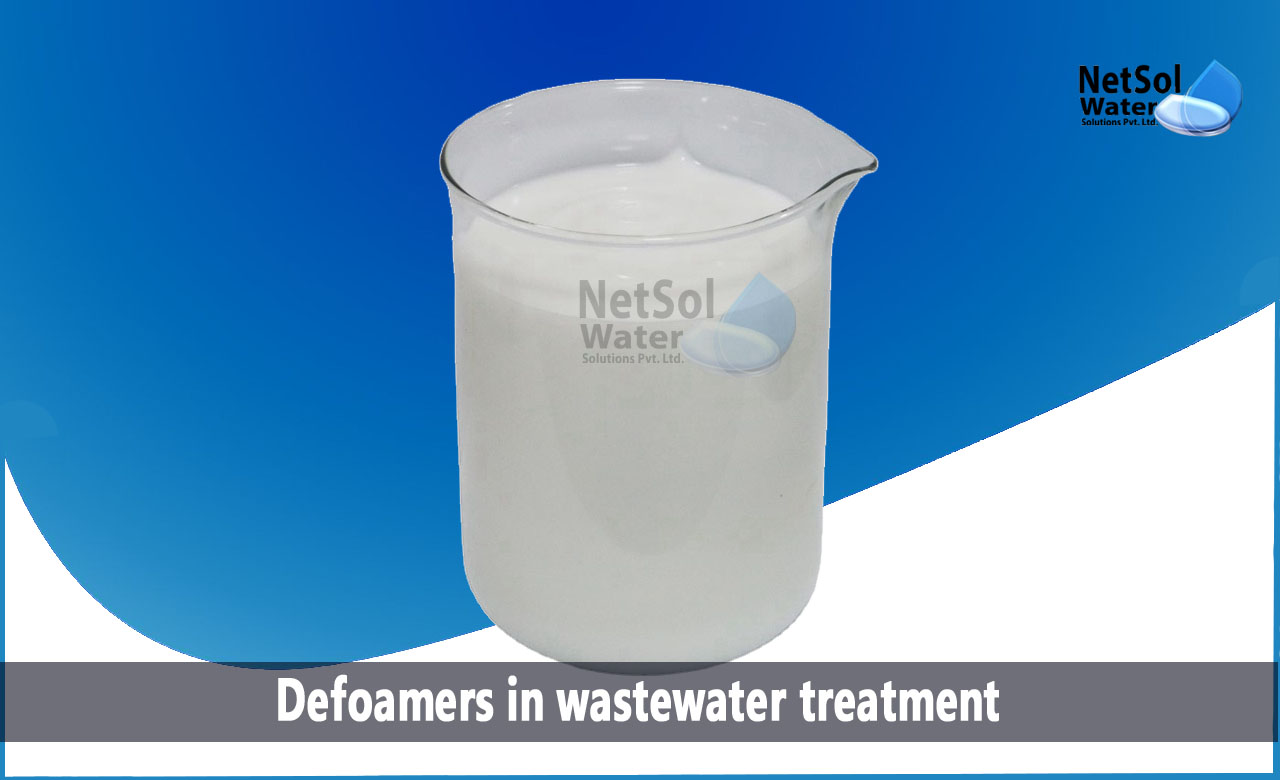How Defoamers Are Used to Prevent Foam in Food and Beverage Production
How Defoamers Are Used to Prevent Foam in Food and Beverage Production
Blog Article
The Function of Defoamers in Enhancing Product High Quality and Efficiency
In various manufacturing procedures, the existence of foam can considerably hinder item quality and functional performance. Defoamers function as crucial ingredients that reduce this problem, guaranteeing smoother manufacturing operations while boosting the aesthetic and useful qualities of the final products (defoamers). Their application spans a wide variety of sectors, from food and beverage to drugs, where uniformity and integrity are paramount. Nonetheless, the selection of the appropriate defoamer can be critical to accomplishing ideal results, elevating essential inquiries concerning formulation compatibility and efficiency metrics that warrant additional exploration.
Comprehending Defoamers
Comprehending the duty of defoamers is essential for maintaining product quality across numerous markets. Defoamers are chemical ingredients designed to minimize and protect against the formation of foam in liquid systems, which can adversely affect processes such as blending, filling up, and surface area tension. Foaming can cause inefficiencies, product flaws, and endangered aesthetic appeal, making defoamers a crucial component in producing procedures.
In commercial applications, defoamers help to improve product uniformity and stability. In the paint and coverings market, foam can conflict with the application process and the last surface. In a similar way, in food and drink production, extreme foam can prevent bottling and product packaging efficiency (defoamers). The effective usage of defoamers not just makes sure smoother production procedures but likewise adds to premium product efficiency.
Moreover, the choice and solution of a defoamer should align with particular application demands, such as compatibility with various other ingredients, efficiency under differing temperature level and pH conditions, and possible governing restrictions. Eventually, comprehending defoamers' features and their relevance in various solutions is critical for enhancing production and ensuring the finest end items.
Sorts Of Defoamers
Defoamers can be categorized into numerous kinds based on their structure and device of action. The main kinds consist of silicone-based, non-silicone organic, and not natural defoamers.
Silicone-based defoamers are among one of the most reliable, largely due to their capacity to spread promptly on the fluid surface and interfere with foam development. Their unique chemical framework permits for superior security, making them ideal for high-temperature applications and environments with differing pH levels.
Non-silicone natural defoamers, commonly made up of natural oils or fatty acids, are valued for their biodegradability and lower toxicity. These are typically utilized in food and drink applications where safety and ecological impact are critical.
Not natural defoamers, that include materials like talc or calcium carbonate, act by increasing the thickness of the liquid, therefore decreasing foam stability. They are commonly used in commercial procedures where compatibility with various other products is not an issue.
Each type of defoamer has unique benefits and limitations, permitting for tailored remedies depending upon the details lathering problems run into in numerous applications. Recognizing these differences is critical for optimizing efficiency and accomplishing preferred item quality.
Applications Across Industries
Various sectors leverage defoamers to improve product high quality and operational effectiveness. In the food and beverage market, defoamers are essential in procedures such as developing and dairy production to avoid foam development, which can cause inadequacies and item incongruity. By managing foam, manufacturers can make certain better yield and a much more consistent product.
In the pharmaceutical market, defoamers play a vital role in the solution of fluid medicines, where too much foam can hinder mixing and accurate application. Their Recommended Site usage assists maintain the integrity of the formulations and helps with smoother manufacturing procedures.
The paint and coverings sector additionally depends on defoamers to enhance the performance of products during application. By minimizing foam, these additives make sure a smoother finish and improve the aesthetic top qualities of the final product.

Benefits of Using Defoamers
While the application of defoamers varies throughout sectors, their advantages regularly improve product high quality and process performance. One considerable advantage is the decrease of foam formation during making processes, which can otherwise bring about manufacturing delays and inconsistencies in product top quality. By lessening foam, defoamers allow a smoother flow of products, facilitating a lot more reliable operations and decreasing the possibility of devices malfunctions.
Additionally, using defoamers can boost the appearance and texture of last items. In markets such as layers, paints, and food processing, extreme foam can jeopardize the visual looks and general top quality, while the suitable defoamer application makes certain an uniform surface and preferable features. In addition, defoamers can add to set you back financial savings by reducing waste throughout manufacturing and optimizing making use of raw materials (defoamers).

Selecting the Right Defoamer
Picking the best defoamer is crucial for optimizing manufacturing processes and ensuring item top quality. The option of defoamer influences not just the effectiveness of foam control but also the total efficiency attributes of the final product. Factors to consider consist of the sort of application, the chemistry of the formulation, and the ecological conditions under which the item will be used.
Various industries might require particular defoamer kinds, such as silicone-based, organic, or polymeric defoamers. Comprehending the compatibility of the defoamer with the key ingredients is important to prevent adverse responses that could jeopardize product integrity. Additionally, the defoamer's performance in numerous temperatures and pH levels need to be assessed to ensure constant performance.
Evaluating the defoamer in small-scale applications can provide beneficial understandings right into its performance additional hints and viability. Consideration of regulative conformity, particularly in food, drugs, and cosmetics, is vital in selecting a defoamer. Eventually, a complete analysis of these factors will certainly lead to the option of a defoamer that not only manages foam successfully but additionally improves the quality and efficiency of the end product.
Conclusion

In conclusion, defoamers are vital additives that dramatically boost item top directory quality and efficiency throughout different markets. The tactical choice and application of defoamers lead to set you back savings, optimized source use, and raised client contentment.
Foaming can lead to inadequacies, product issues, and jeopardized visual charm, making defoamers an important element in producing operations.
Report this page